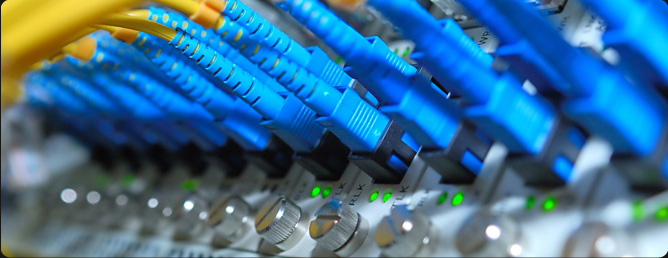BT-owned Openreach promises 3 million premises 'ultrafast' broadband by 2020
Speed up, look sharp.

Readers of a certain age will remember dial-up broadband. I can still recite each stage of its ringing, whirring, transmission-from-Mars-sounding routine—and to this day cannot be convinced my mother's phone conversations with family were anywhere near as important as my business within MSN Messenger and Habbo Hotel (yes, dial-up internet required exclusive use of your domestic phone line).
We've come some ways since. The UK government delivered on its promise to take superfast broadband—at least 24 megabits per second—to 95 percent of UK premises earlier this week. Now, the BT-owned provider Openreach has promised to introduce "ultrafast" connections to three million premises by the year 2020.
As reported by the BBC, Openreach plans to increase speeds from 24 megabits per second to 100 megabits per second in the process. Birmingham, Bristol, Cardiff, Edinburgh, Leeds, Liverpool, London and Manchester will roll out the first phase of the new initiative later this year, while the programme vows to connect "up to 40 UK towns, cities and boroughs" in the next two years all told.
"I'm glad that Openreach have begun to make this shift in strategy, away from reliance on copper based systems and in favour of the best modern technology," Culture Secretary Matt Hancock tells the BBC. "We want to encourage a competitive market to rollout this technology and we will work with Openreach, Virgin, CityFibre, Gigaclear, TalkTalk and the growing number of full fibre broadband providers to build a Britain fit for the future."
With this in mind, Openreach rival CityFibre is said to be working alongside Vodafone to deliver a similar initiative to five million homes by 2025.
The BBC reports Alex Neill from consumer group Which? has suggested the UK is behind other European countries so far as broadband services are concerned:
"When you look that 79 percent of people in Spain have got access to full fibre and yet only 3 percent of British homes have, clearly consumers will be asking why that is happening, especially when the majority of them have experienced a problem with their broadband in the last year."
Keep up to date with the most important stories and the best deals, as picked by the PC Gamer team.

